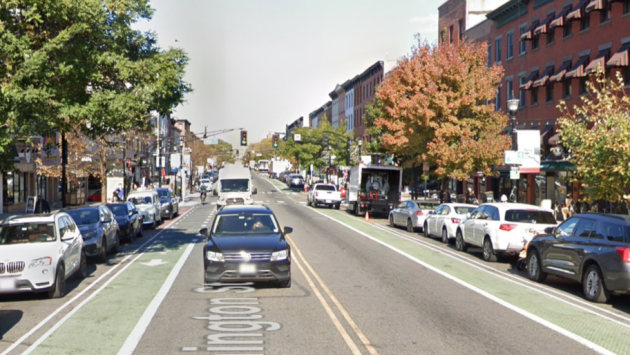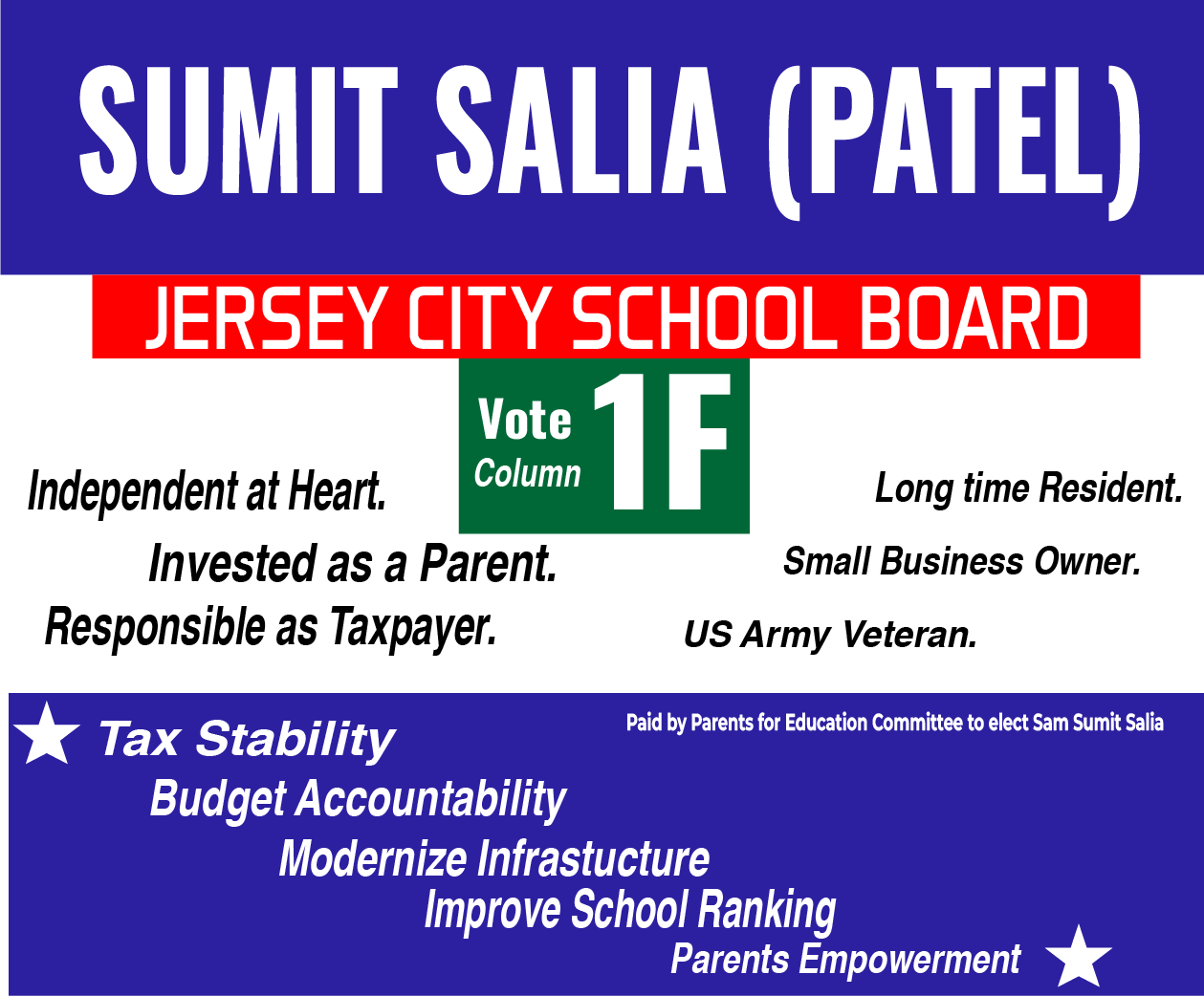In an editorial, former Hoboken resident Kevin gives his take on why having dynamic pricing of parking in the Mile Square City is a gentrification tax.

At the last Hoboken City Council meeting, an ordinance that would have required public hearings and a council vote before residential parking permit rates could be raised through “dynamic pricing” failed 4–4 without debate.
With less than two months until Election Day, it’s hard not to see silence as political strategy.
Three mayoral candidates, Ruben Ramos, Tiffanie Fisher, and Mike Russo, voted yes.
Emily Jabbour voted no, joined by three other former Team Bhalla members. Dini Ajmani, another mayoral candidate, attended the meeting but did not comment, so her position remains unknown.
Dynamic pricing means letting city staff use algorithms to raise the annual cost of a residential parking permit based on “demand.”
In practice, this doesn’t mean the price changes every week, but it does mean permits could be raised significantly over time with no limits, and with no council vote.
The city could theoretically raise residential parking permit prices 400%+ without a city council vote.
Advocates say permits are “underpriced” compared to what wealthier residents would pay.
But Hoboken is already one of the most expensive cities in the state. Living here should come with certain privileges, like being able to park on your own street, not a policy that makes parking a luxury for the rich.
Worse, the data behind the idea is unreliable. Through an OPRA request, I learned that Kimley-Horn’s survey intentionally left out the word “parking” entirely.
Residents thought they were answering general questions about transportation, not a plan to hike permit fees. That’s not oversight, that’s bias. If you can’t even be honest about what you’re measuring, how can the results be trusted?
Bike Hoboken once proposed a 330% hike in permit fees. At least that was a number. With dynamic pricing, it’s worse, it’s like your ex: unpredictable, expensive, and always showing up at the wrong time.
And the bigger question remains: how does making parking more expensive make Hoboken safer or fairer?
It doesn’t clear double-parked cars from bike lanes. It doesn’t make Willow Avenue safer, and it doesn’t slow reckless e-bikes. All it does is raise costs on residents without solving problems.
Being pro-bike shouldn’t mean being anti-car. Dynamic pricing is a regressive tax disguised as progress, and Hoboken deserves better.









